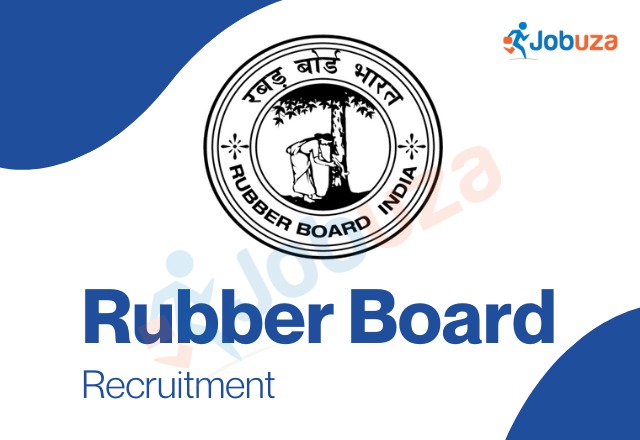
by Jobuza Team | Nov 25, 2025 | BLOG, Latest Jobs
The Rubber Board has opened online applications for Scientist and various other posts on its official recruitment portal. Candidates can now check the official notification, eligibility criteria, age limit, selection process, and complete application guidelines before...
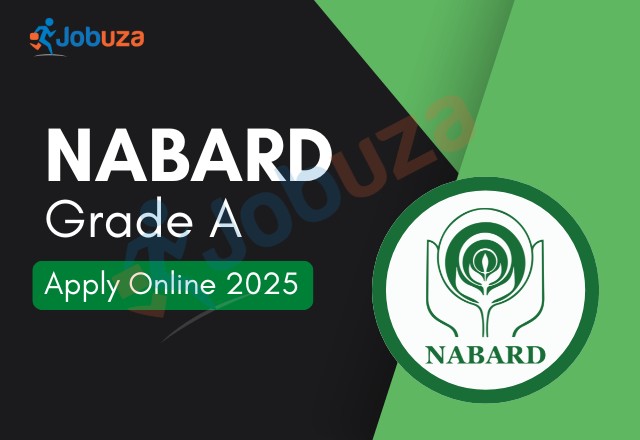
by Jobuza Team | Nov 18, 2025 | BLOG, Latest Jobs
NABARD Grade A Apply Online 2025 has started on the official website, nabard.org. Candidates who meet the eligibility criteria can now fill the form for 91 Assistant Manager posts. The online application link will stay active until November 30. The direct NABARD Grade...

by Jobuza Team | Nov 14, 2025 | BLOG, Defence Jobs, Latest Jobs
The Indian Air Force has released the detailed AFCAT 1 2026 notification on November 9, 2025. The online application window will remain open from November 17 to December 14, 2025, for Flying Branch and Ground Duty posts. Eligible candidates who have completed 10+2...
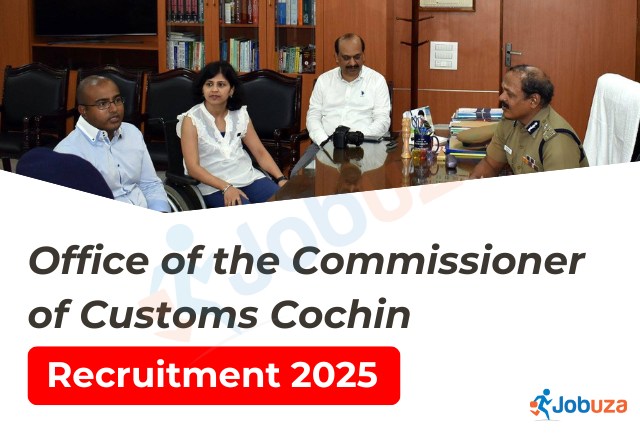
by Jobuza Team | Nov 14, 2025 | BLOG, Central Govt Job, Latest Jobs
Office of the Commissioner of Customs, Cochin has invited applications for 19 Group C posts including Seaman, Greaser, Tradesman and Senior Store Keeper. Candidates can check the eligibility, application process, age limit and selection process here. Office of the...
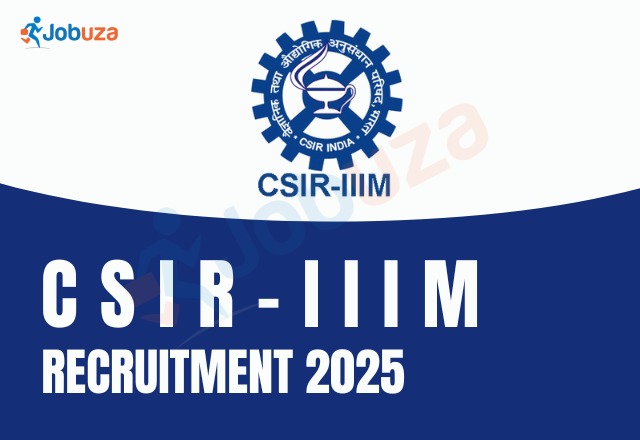
by Jobuza Team | Nov 13, 2025 | BLOG, Latest Jobs, Technical/IT Jobs
CSIR-Indian Institute of Integrative Medicine (CSIR-IIIM), under the Ministry of Science and Technology, Government of India, has released a recruitment notification for Group C posts. The organisation is inviting online applications for a total of 19 Multi-Tasking...
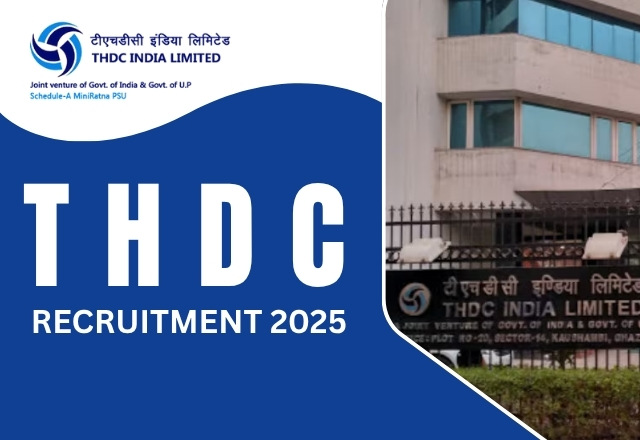
by Jobuza Team | Nov 13, 2025 | BLOG, Central Govt Job, Latest Jobs
THDC Recruitment 2025: THDC India Limited (THDCIL) has officially released the recruitment notification for 40 Assistant Manager posts across various disciplines including Civil, Electrical, Mechanical, and others. Interested candidates can check the detailed...








